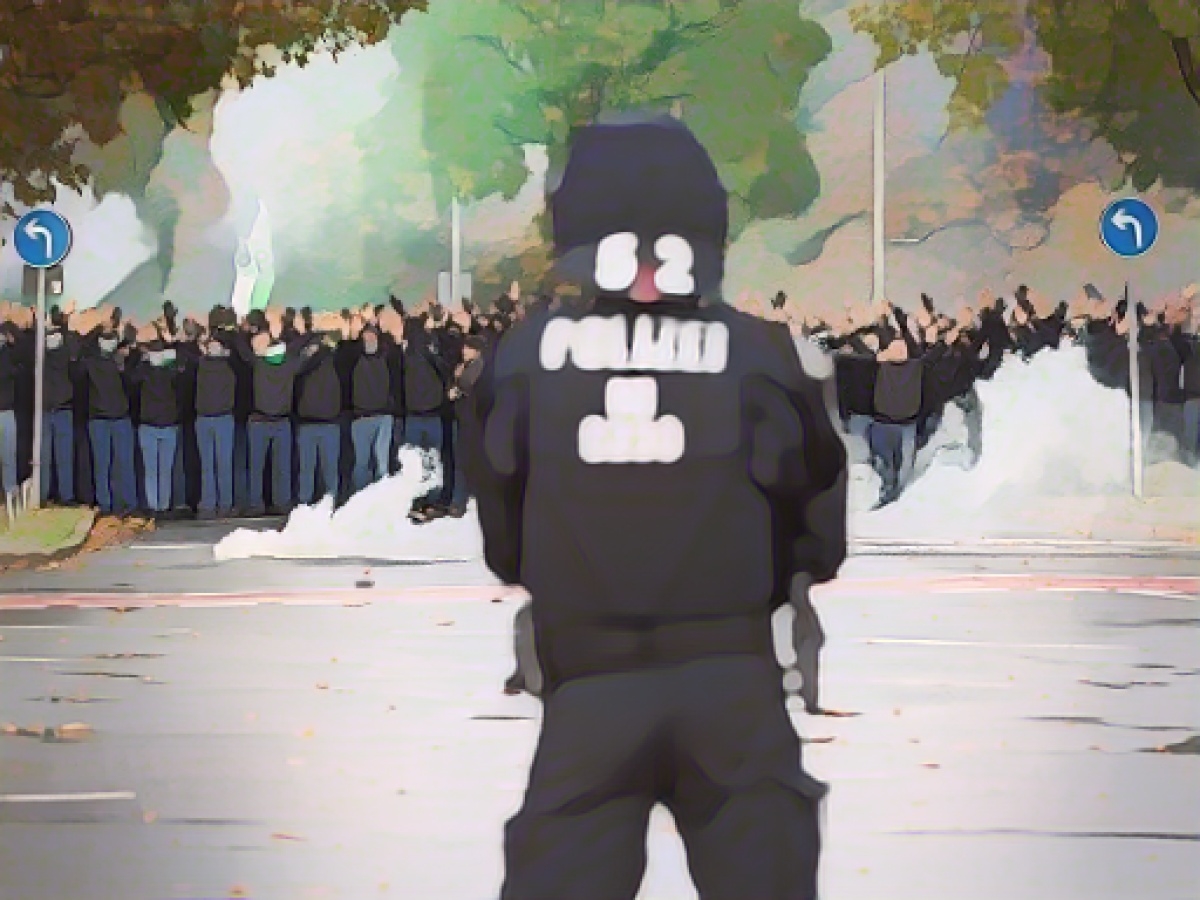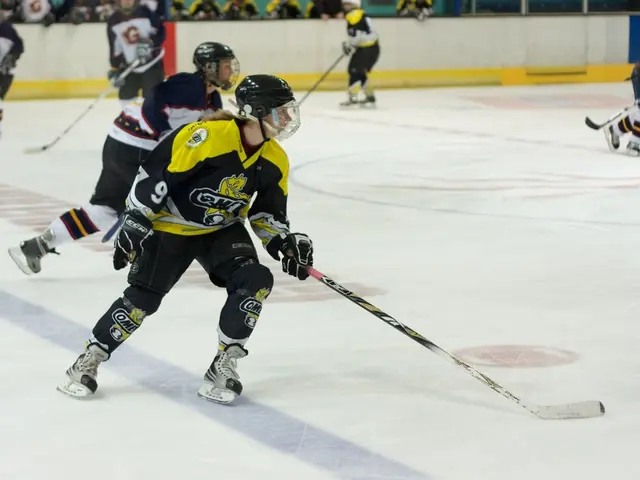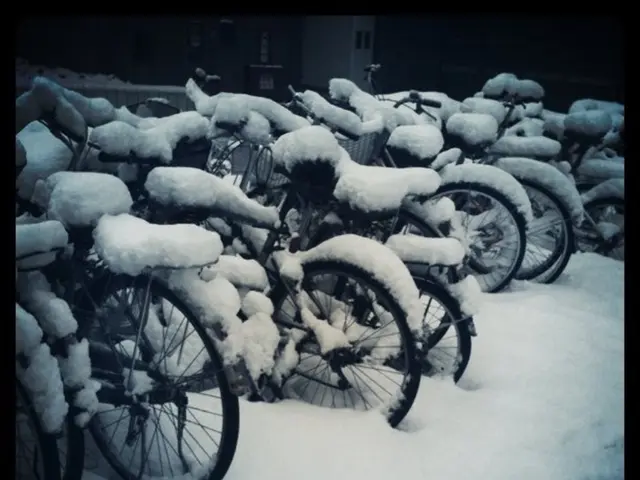In the wake of Hannover 96's victory over Eintracht Braunschweig in the Lower Saxony derby, police findings revealed a mixed outcome. Fortunately, there were no provocations between the two fan groups. However, the police report stated disturbing incidents, such as multiple injuries, property damage, and endangerment of third parties as a result of unauthorized mass pyrotechnic use.
One police officer sustained serious injuries in a skirmish within the home area. Initial details about the officer's condition and other individuals involved in the altercation remained undisclosed. Previously, police intended to detain four fans who had intimidated two spectators. Following this, other supporters allegedly displayed solidarity with the victims, resulting in the confrontation. Two stewards were among those injured in the ensuing scuffle.
Moreover, a kiosk in the home area endured damage as fans reportedly "attacked" it during the derby. Amidst these incidents, police officers were pelted with metal objects. Police identified a possible suspect connected to the rowdy behavior. Thankfully, both fan groups departed peacefully afterwards.
Before the match, the 3,500 Hannover 96 supporters marched, leading to the unlawful discharge of pyrotechnics at police officers and onlookers. At least one police officer sustained injuries due to the vibrations caused by the explosions. The procession of 3,000 Eintracht Braunschweig fans commenced without any issues.
The match, known for its explosive nature, commenced around five minutes late due to pyrotechnics usage and the subsequent thick smoke clouding the area. Referee Sascha Stegemann halted the game twice due to Eintracht supporters launching red flares and projectiles towards the pitch. Visiting fans even dismantled several rows of seats from the upper tier and hurled them into the lower tier, with police repeatedly targeted by metal objects.
Fan Misconduct and Its Causes:
Exploring the underlying factors of fan misconduct in the context of the Lower Saxony derby can assist in addressing this issue:
- Rivalry and Regional Pride: The intense rivalry between both clubs and their local supporters can fuel aggressive behavior as fans vie for supremacy and demonstrate their regional pride.
- Alcohol Consumption: The excessive consumption of alcohol can impair judgment and lower inhibitions, significantly increasing the likelihood of misconduct.
- Group Dynamics: The collective energy and peer pressure present within a group can influence supporters to engage in unruly behavior beyond their personal norms.
- Historical Tensions: Prior conflicts or unresolved grievances between the clubs can create an atmosphere conducive to misconduct, escalating tensions between opposing fan groups.
- Social Media Influence: The amplification of incidents through social media can contribute to a more volatile environment, potentially encouraging more extreme conduct from supporters.
- Lack of Effective Fan Management: Insufficient fan management and inadequate security arrangements can exacerbate an environment where misconduct may take place.
The consequences of fan misconduct can have significant ramifications:
- Injuries and Health Risks: Physical confrontations between fans can result in injuries, necessitating medical attention and potentially causing long-term health problems.
- Arrests and Legal Consequences: Supporters involved in misconduct may face arrest, fines, or even imprisonment based on the gravity of their actions.
- Match Suspension or Cancellation: Severe fan misconduct can result in the postponement or cancellation of the match, impacting both teams and their spectators.
- Damage to Stadium Infrastructure: Destruction or vandalism of stadium property can necessitate costly repairs and may produce lasting damage to the venue.
- Negative Public Perception: Repeated instances of fan misconduct can harm the reputation of both clubs and the broader sport, potentially leading to decreased attendance and sponsorship deals.
- Disciplinary Actions Against Clubs: Governing football bodies, like the DFB, may impose disciplinary actions on involved clubs, such as fines, points deductions, or additional penalties.
- Impact on Player and Staff Well-being: The tension and anxiety caused by fan misconduct can negatively affect player and staff morale, potentially impacting their on-field performance.
- Community Relations: Repeated fan misconduct can strain relations between clubs, their followers, and the local community, potentially leading to broader social and cultural challenges.
Addressing the root causes and mitigating the consequences of fan misconduct necessitates a comprehensive approach involving fan education, enhanced security measures, and collaboration between clubs, authorities, and local communities.








